Living in the Shadows
The Center for Health Journalism’s “Living in the Shadows” collaborative brings together six news organizations from around the country to highlight the interplay between immigration status and health.
The Center for Health Journalism’s “Living in the Shadows” collaborative brings together six news organizations from around the country to highlight the interplay between immigration status and health.
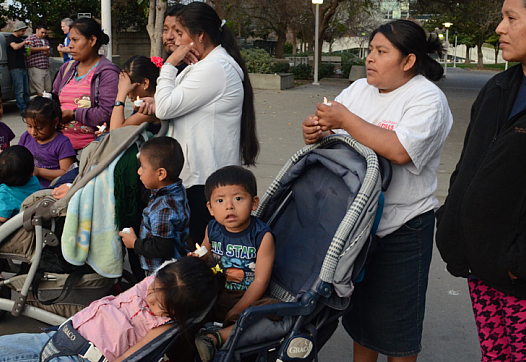
Fresno County was obligated to provide care to everyone who needed it, regardless of their immigration status. Now a judge has determined that the county no longer has to offer them medical services.

While children show different responses to early trauma, experts say that research shows that witnessing a parent's arrest or deportation leads to a complex series of problems.
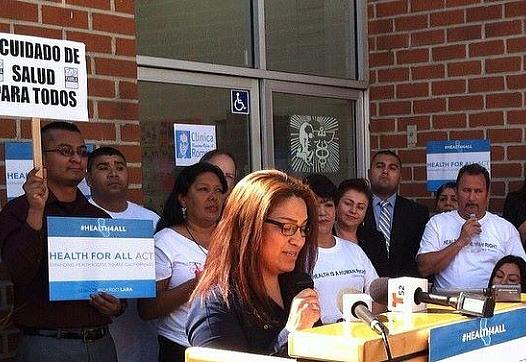
Exhausted from the burden of her age and diabetes, Juana now pays more attention to the news. She recently learned of a California proposal to offer health insurance to people who are undocumented.
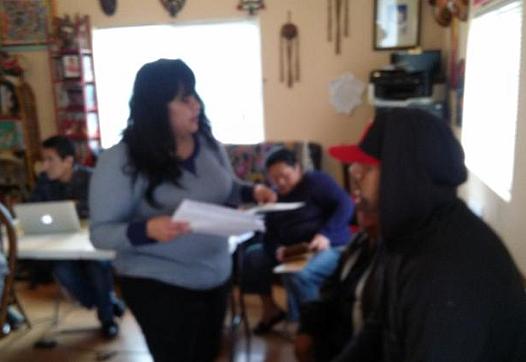
A Mexican-American woman decided to convert her house into a health insurance registration center. Could this be a model strategy to sign up more Latinos?
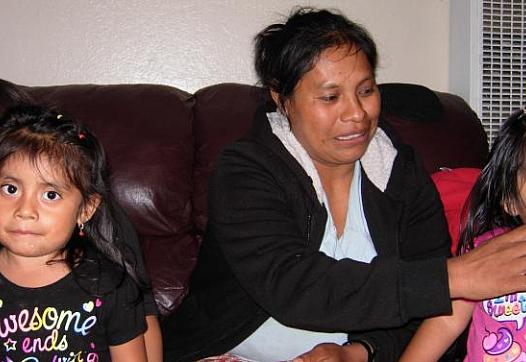
California counties must offer a minimum of very low-cost health services to uninsured, low-income residents who do not qualify for subsidized health insurance and cannot pay for private insurance.
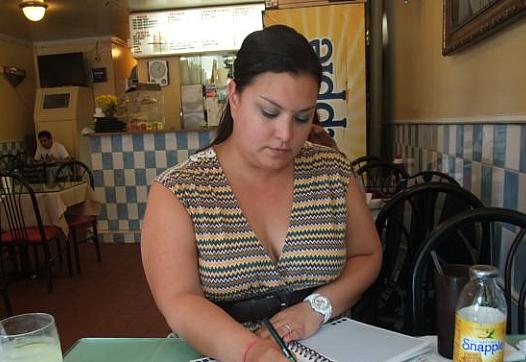
The consequences of separating parents from children can include causing or exacerbating mental health problems such as depressive or anxiety disorders.
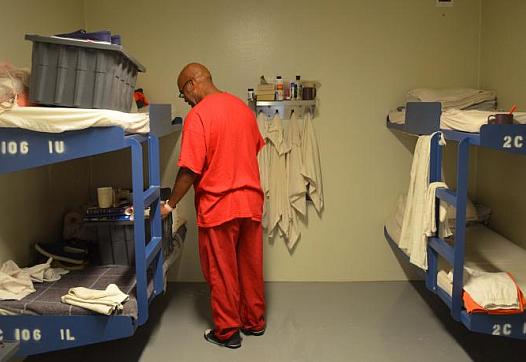
In 2014, fellows Alonso Yáñez and Annabelle Sedano collaborated on a project highlighting shortcomings in detention facilities for undocumented immigrants operated by for-profit companies.
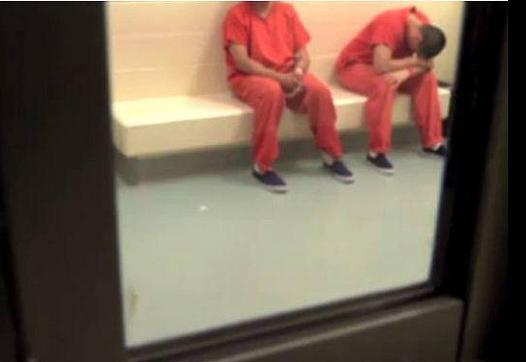
As many as 1 in 4 of those detained have chronic medical conditions. Medical neglect can lead to deteriorated health and, in Fernando Dominguez Valdivia's case, death.
Fatal errors and lack of adequate medical care in immigration detention centers bring suffering to detainees and their families.

A Mexican father is released from detention thanks to a psychological evaluation used as evidence in court.